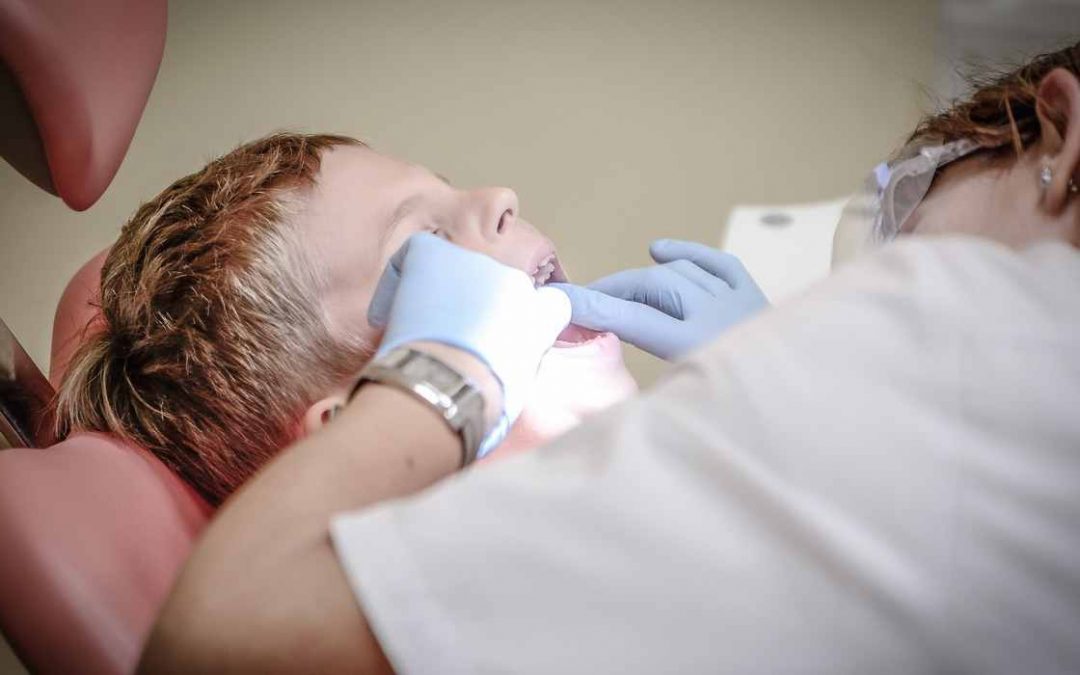Poor oral hygiene can negatively impact oral and overall health in many ways. Many of these negative impacts, like halitosis and gum disease, are obvious to anyone. Still, several more subtle ways poor oral hygiene can impact your body that you might not have considered before. If you want to improve your overall health, you should pay attention to how you take care of your mouth! Here are six common ways poor oral hygiene can negatively impact your dental Epping and overall health.
- Bad Breath
The bacteria in our mouth produce an odour, or bad breath. This is often a sign of gum disease, dental caries, dry mouth or other types of oral infection. Bad breath can be improved by brushing teeth with toothpaste for at least two minutes twice a day and flossing once a day. Drinking plenty of water to stay hydrated is also important, which will help keep the saliva in our mouths from drying out.
- Tooth Sensitivity
In the long run, a lack of good oral hygiene could lead to tooth sensitivity. If plaque remains on teeth for too long, it hardens into tartar, breaking off and irritating the gums. This irritation leads to inflamed gums, which cause tooth sensitivity. It’s important to brush gently with a soft-bristled brush twice daily and use floss once daily to remove plaque from teeth before it becomes tartar. Visit the dentist in Epping regularly for professional cleaning to remove plaque from your teeth and treat dental problems earlier.
- Gum Disease
Another common side effect of poor oral hygiene is gum disease. Gum disease occurs when gums are inflamed, swollen or bleeding. It also happens when plaque builds up on the teeth and gums, causing bacteria in the bloodstream and leading to other diseases. If left untreated, gum disease can lead to tooth loss.
- Possible Cavities
Cavities are one of the most common types of tooth decay, which occurs when tooth enamel is attacked by bacteria. Cavities can be prevented with proper brushing, flossing, and fluoride treatments. Left untreated, cavities may lead to toothache, swelling or inflammation of the jawbone due to bacterial infection in the gums around the teeth.
- Increased Risk of Heart Disease
One of the most common causes of heart disease is atherosclerosis, a clogging of the arteries that can lead to strokes, heart attacks and other problems. And according to new research, one major risk factor for atherosclerosis is gum disease. That’s right: if you don’t take care of your gums, it might be hurting your heart.
Tips for Caring For Your Oral Health
Here are six tips to improve the condition of your oral health:
- Brush twice a day with fluoride toothpaste.
- Floss at least once a day.
- Eat an oral health-friendly diet, including plenty of fruit and vegetables that help keep your teeth clean from plaque build-up.
- Avoid tobacco products and sugarless chewing gum as much as possible. Tobacco contains toxins that destroy tooth enamel, while sugarless chewing gum causes acid erosion.
- See your Epping dentist on a regular basis for professional teeth cleaning and check-ups.
- Consider using a fluoride rinse after brushing and before bedtime to protect against cavity formation.
Proper dental care is essential for healthy teeth, gums, and a strong immune system. Should you have queries on caring for your dental health or experiencing any dental problems, please get in touch with our dentist in Epping. Please call our team to schedule an appointment.






